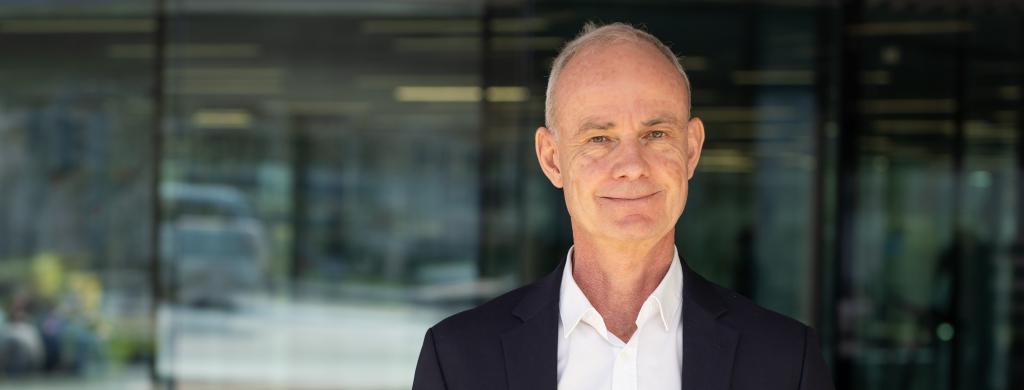Please tell us more about your professional and academic background.
I am thrilled to design and launch the new Executive Certificate in Nature-Positive Economy, which is highly timely and topical.
Over the past thirty+ years, I have acquired first-hand experience in international trade, development cooperation, and humanitarian action. My research and teaching have focused on the governance of natural resources, commodity trade and sustainable development, as well as on war and peace economics. I have gained first-hand professional experience in relation to these topics, including as a board member of the Responsible Mining Foundation.
In your opinion, how can we accelerate the transformative agenda toward a nature-positive economy? How can we scale up nature-based solutions?
For this to happen, we need to work on systems change. As our natural and social environments are complex adaptive systems, one may feel discouraged by the sheer complexity of addressing the challenges. A promising solution can become part of the problem. Take the first generation of biofuels, for instance: growing sugar cane, corn, and soybean to fuel cars resulted in increased food prices, aggravated hunger, and an acceleration of biodiversity loss.
Yet, targeted action can have vastly positive impacts. If you consider an analogy with traditional human body healing, acupuncture consists of identifying systemic nodes (or body meridians). Inserting a needle into the right spot can stimulate the entire immune system, amplifying the healing effect and restoring body balance. How do we identify and work on such systemic nodes when it comes to nature and the economy? We must locate interventions concerning the major institutions (e.g. states/IOs, markets/business, science/tech, communities/livelihood) and key systems to work on.
You are the Academic Advisor of the new CAS in Nature-Positive Economy. Could you tell us more about this programme? What are the key outcomes?
We will draw on the collective intelligence of top academics, policymakers and practitioners. We will situate the potential of nature-based solutions within the broader potential of systems change, including the energy transition, resilient cities and infrastructure, sustainable agriculture and food systems, our natural environment, and the shift to a regenerative, circular economy, together with debates on the pursuit of fulfilment and healthy life, which concerns us all.
While we will set the stage and discuss various concepts and approaches in the first module, the second and third modules will deal with trade, finance, consumption, and production. The final module will examine what science and technology hold for sustainable futures. In each module, participants will be able to acquire and apply cutting-edge knowledge in class as well as practical tools and methods through group, individual and simulation exercises. They will also engage with policymakers, experts, and key figures within International Geneva and participate in exclusive encounters with people who develop impactful nature-positive models and solutions, as well as learn from failure. Participants will debate about policy options and develop practical action plans to address sustainability challenges, strengthening their skills to drive positive impact.
Who is this programme for?
This programme is specifically designed for mid- to senior-level professionals across the public and private sectors, civil society, and philanthropists. It caters to actively engaged individuals who are aspiring to make a positive impact in domains such as environmental governance and policymaking, corporate responsibility, sustainable finance and development, biodiversity conservation, energy transition, natural resources management, and disaster risk prevention.
It is high time to step up and scale up positive impact. Businesses, governments and financial institutions must actively engage with civil society in nature-positive transformations to create a new operating model based on regeneration, resilience, and circularity. This decade is our chance to recognise the true value of the nature to which we belong, put it on the path to recovery, and set us on a course where nature, people, and economies can thrive together.
This article was published in Globe #33, the Graduate Institute review.


